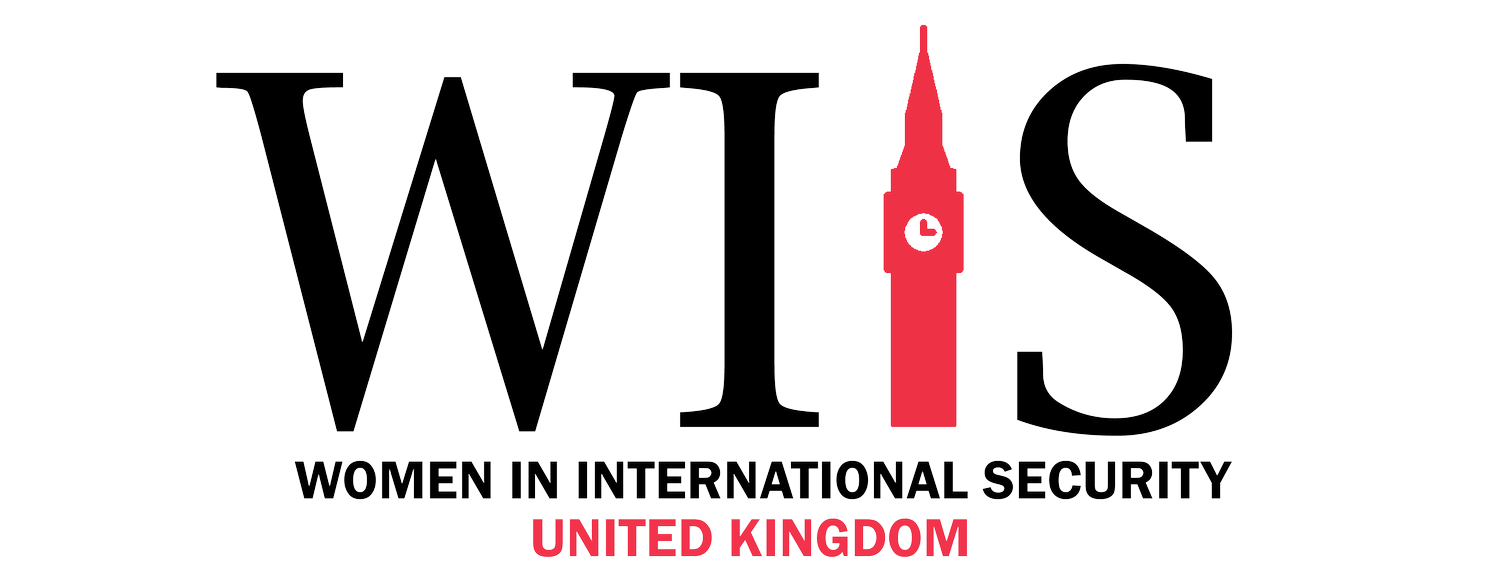Anna Gräfin von Pestalozza
Anna Gräfin von Pestalozza joined the Federal Armed Forces Germany in 2016 in the combat troops and has worked in the NATO Headquarters in Brussels and in the start-up Helsing AI in Paris. After having completed an MSc Engineering Science/Defence Systems and a Master of Public Policy, Anna is now conducting research on the intersection between emerging technologies and the military at the University of Oxford.
What are you currently working on?
I am currently reading for the MSc Public Policy Research at the University of Oxford, Blavatnik School of Government. I focus mainly on the intersection between technologies and the military. Last summer, I wrote a policy report on improving NATO’s cooperation with start-ups. Currently, I am researching the impact of civilians’ use of social media on military strategy in conflict zones. With sharing video material and information from conflict zones, coordinating humanitarian aid for people in conflict zones, and calling politicians to action - all via social media - the civilian has become much more involved in armed conflict.
What are the opportunities and challenges of working in your field?
Both in the military and at the University of Oxford the opportunities appear endless – there are so many important topics that need to be worked on and an incredible number of motivated and inspiring colleagues. My impression is that whatever you want to work on and address, there will be someone there who can support you and a place where your work fits in.
The challenging part that comes with that for me is finding and securing this place in a very bureaucratic and traditional environment. Especially in the Armed Forces, your career is supposed to follow a certain streamline and is rather strictly prescribed by human resources offices. This appears to be similar in large defence companies. Following your own interests and projects is not as easily done as it might be in other sectors, start-ups, or self-employed work. If there was one thing I could change about the Armed Forces – which seems to be a common challenge across many institutions of the public sector – it would be switching the work ethics and recruitment from “meeting the demands” to “maximising performance and everybody’s potential and well-being”.
What advice would you give your younger self?
Definitely to get yourself out there more and learn from others! So often one gets trapped in the environment of one’s own company, institution or interests but it is the sum of people working in your area of interests and adjacent fields that leads to progress. I think that networks like WIIS are therefore so meaningful regardless of the stage of career to keep an eye on the big picture and to stay up to date on the most recent debates.
Additionally, I would add that one should put active effort and observation into one’s work preferences, e.g. possibilities to pursue own projects at work, flexible hours, night owl/early bird, hierarchical structures, time for hobbies etc. and design the workplace accordingly. Health and wellbeing are definitely priorities for me.


